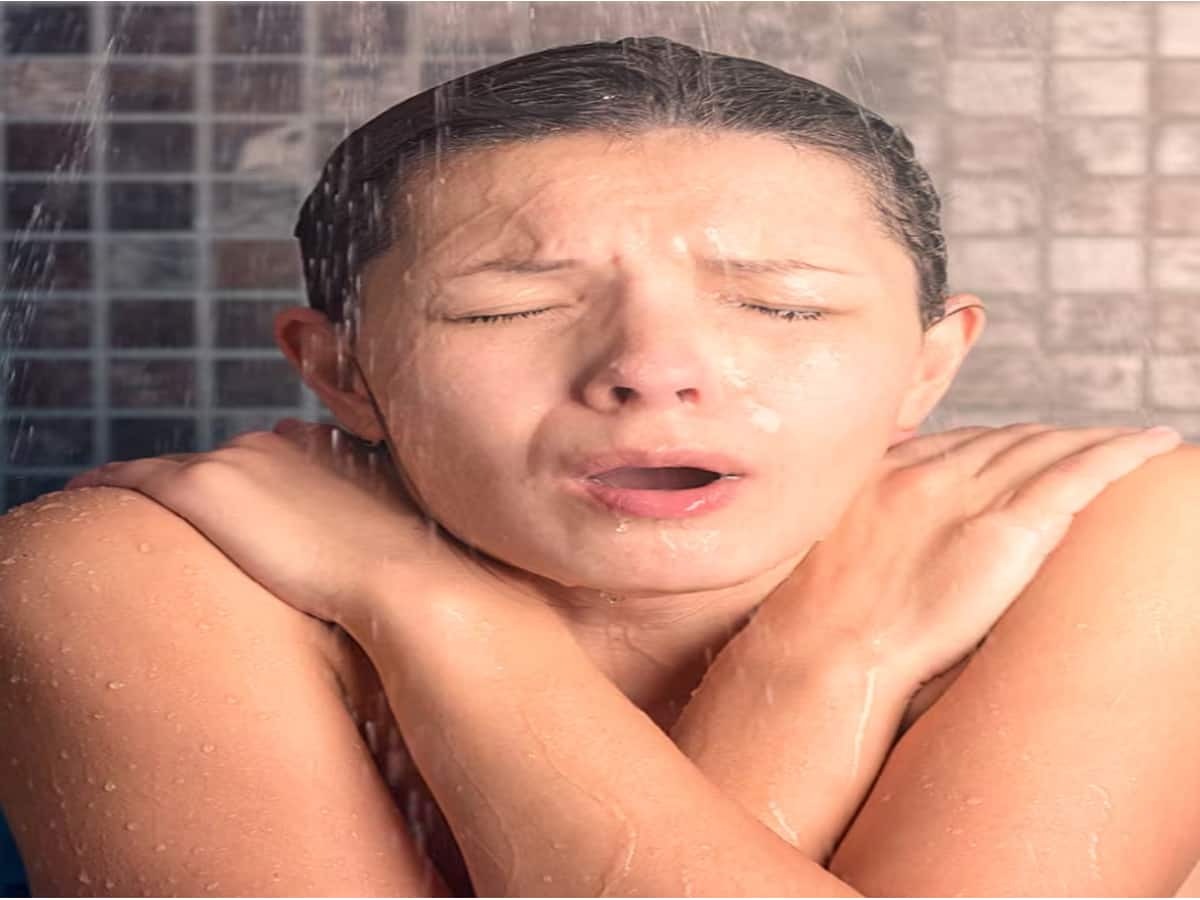
Symptoms of Ablutophobia: As soon as winter arrives, some people shy away from bathing. On this, people believe that perhaps the water is cold, that is why people avoid bathing. Bathing is considered an important part of our life, as it focuses on cleaning the body. We take bath to keep the body clean and fresh. Therefore, if we do not bathe in winter, we will soon become victims of disease. Do you know that bathing in winter is not a disease related to water, but a mental condition in which we shy away from bathing. This is a type of phobia called ablutophobia. Let us know about this phobia.
Why be afraid of bathing in winter?
Although sometimes this may be normal, people who experience fear or anxiety just by taking a bath are likely to be mentally ill. They should not ignore these tendencies and signs, because not bathing in winter or any other season can spread infection and bacteria in your body, which can make you ill.
What is ablutophobia?
Ablutophobia is a mental illness in which a person has an intense fear or aversion to cleanliness, bathing or water. It is a type of phobia, characterized by an abnormal fear of an object or situation. Due to this phobia, people have to face mental problems while cleaning their body or taking bath. Such people make various efforts to avoid or avoid it.
Symptoms of Ablutophobia
- like to live in dirt
- avoid bathing
- habit of not cleaning for a long time
- Don’t take a bath even though you know it’s important to clean
- Heart palpitations or sweating after seeing water
Causes of Ablutophobia
- Some bad experiences of childhood: Often some people have bad experiences of bathing in childhood, which can trouble them even after growing up.
- People suffering from depression, anxiety, stress or OCD may also have this problem with bathing.
- Some people get such an environment since childhood in which they avoid cleanliness or develop the habit of not being clean themselves.
What is the treatment for this disease?
To get rid of bathing phobia, it is advisable to consult a doctor. These include therapy, counselling, lifestyle changes as well as meditation and yoga.
 look news india
look news india